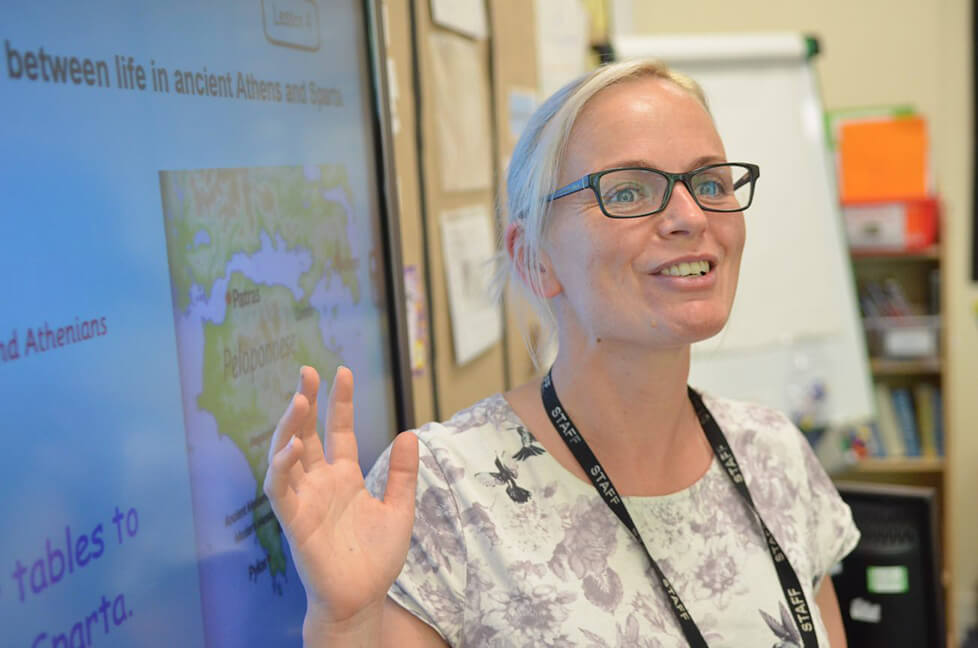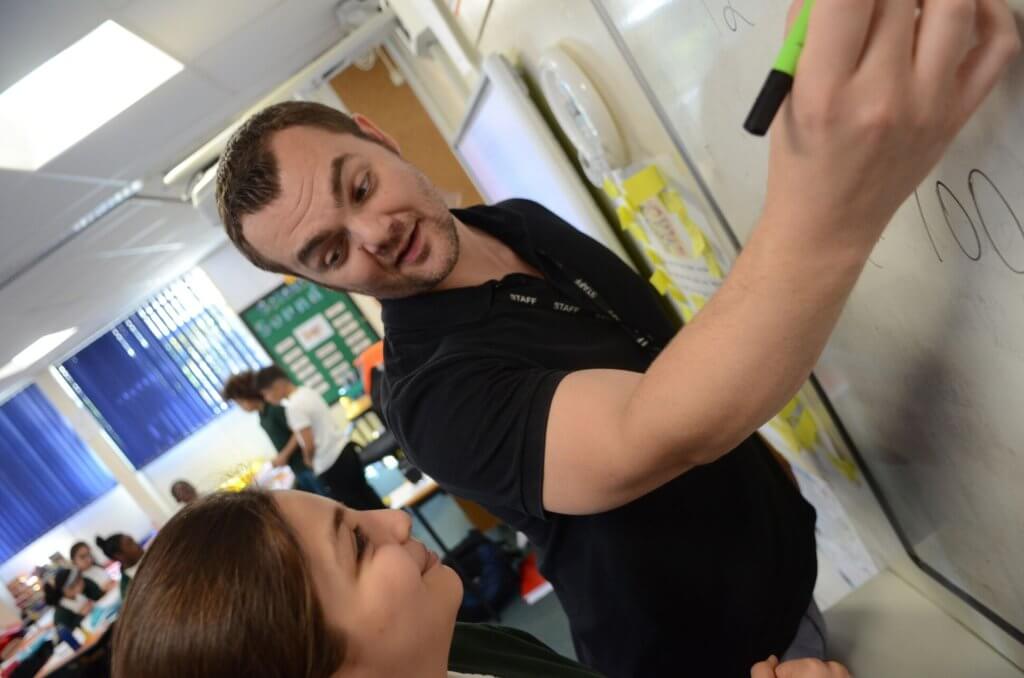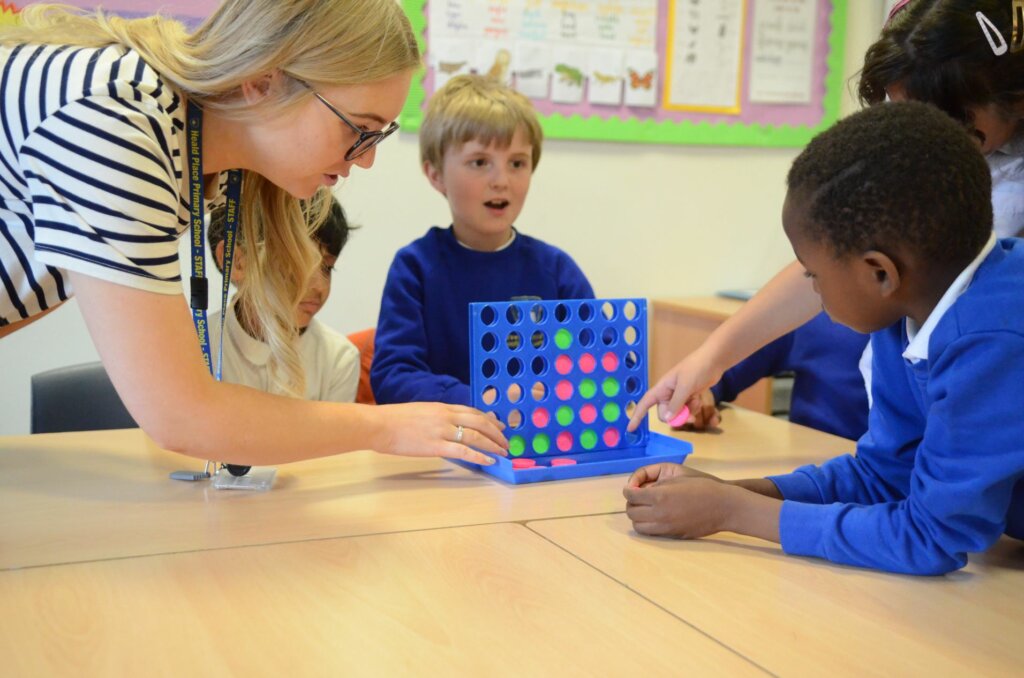Experts raise concerns surrounding relationships and sex education
Earlier this year, the Prime Minister accelerated the review into relationships and sex education (RSE) statutory guidance, in response to reports that inappropriate material was being taught in some schools. This week, experts spoke at a special hearing organised by the Commons Women and Equalities Select Committee, calling for more training, resources and investment into the subject area.
Lottie Moore, head of Biology Matters at the Policy Exchange think tank, warned that RSE was often biologically inaccurate and in contradiction with the Equality Act 2010. She said, ‘we should be able to trust the state to deliver an education that has safeguarding at its core.’
However, Jonathan Baggaley, chief executive of the PSHE Association, said that whilst some problematic materials do exist, ‘I don’t recognise a widespread landscape of poor practice […] problematic material can be tackled by teachers having proper training.’
This comes as the Children’s Commissioner, Rachel de Souza, publishes a new report on the impact of pornography on children. The report shows that 27% of children first see pornography at the age of eleven, 10% at the age of nine. Researchers found a significant link between an early age of first exposure to pornography and frequency of exposure in later years. It was found that frequent users were also more likely to view violent content and to have a real-life experience of an aggressive or degrading sex act.
To tackle the problem of harmful sexual behaviours and child-on-chlid sexual abuse, the report recommends that RSE teaching takes ‘a safeguarding-first approach,’ overseen by the Designated Safeguarding Lead (DSL). A qualification should be created for DSLs, whilst teachers should receive training to help them deliver sensitive curriculum topics, including pornography. Rachel de Souza, says that ‘protecting children from seeing inappropriate material is critical, but […] it cannot work in isolation and must be combined with broader preventative measures.’
Schools step in to fill the void left by social and healthcare services
A new report from Education Support finds that school leaders, teachers and support staff are working an extra four hours a week to provide pastoral and emotional support to pupils. In the midst of the cost of living crisis and the collapse of social services, teachers are rising to the challenge of supporting pupils’ mental health. However, many say they feel unprepared for the new responsibilities associated with their role.
In a survey of more than 3,000 school staff, almost two-thirds reported that they spent more time supporting pupils’ behavioural and emotional needs since the start of the Covid pandemic. Yet, 39% said they felt unprepared to support vulnerable pupils and their families. Similarly, 32% felt unprepared to deal with difficult pupil behaviour.
Data shows that rising demand continues to exceed the capacity of community services. For example, 734,000 children and young people were in contact with children and adolescent mental health services (CAMHS) in 2021-22, a 116% increase from 338,600 in 2017-18. Similarly, there has been a dramatic rise in pupils with special educational needs and disabilities (SEND) who require additional education support, as well as the numbers of children relying on food banks. As a result, Geoff Barton, general secretary of the Association of School and College Leaders (ASCL) explains that teachers have become ‘a de facto and unofficial branch of social and healthcare services without the training, capacity or resources to discharge such responsibilities.’
Ultimately, this has taken a toll on staff wellbeing. More than 80% of school leaders and 70% of teachers say their mental health has been negatively affected by their additional responsibilities, describing themselves as emotionally exhausted. Sinéad McBrearty, Chief Executive of Education Support, warns that ‘if we continue in this way, we will burnout a generation of talented and dedicated staff.’ Researchers recommend that training frameworks are updated to reflect teachers’ new reality, whilst urging policymakers to ensure there are well-resourced services for children and families.
Workload prevents teachers from engaging in professional development
This week, Ofsted released the findings of its review into teachers’ professional development. More than 1,900 teachers were surveyed, followed by research visits to 44 primary and secondary schools. Almost 90% of classroom teachers reported that workload pressures prevented them from participating in training and development. Other significant barriers included the availability of staff to cover lessons, costs to the school, and timetable conflicts.
There were also concerns surrounding the quality of the training provided. Only two-fifths of respondents felt that the training they had received was high-quality and relevant to their needs. In some cases, this was reflected in the conversations inspectors had with staff, where their understanding of course content was vague. For example, whilst the curriculum was highlighted as a priority training area, inspectors discovered that teachers’ understanding of curriculum planning and design remained limited in around half of schools. With this in mind, inspectors questioned the value of courses that focused too heavily on preparing for inspection, rather than the substance of education.
Overall, early career teachers (ECTs) were more positive about the training they had received, agreeing that it helped them to develop new practices, pedagogical knowledge, and professional habits and behaviours. However, like many other teachers, they also expressed a strong preference for face-to-face training. Respondents reported that online training was often boring, demotivating, and lacked opportunities for collaboration and knowledge-sharing.
Ofsted will continue the study into a second year, with a follow up survey, further research visits and case studies of individual teachers’ development journeys. Inspectors hope this will help to identify the shifting patterns of teacher development opportunities as schools become more settled following the pandemic.
One Education is committed to raising standards and supporting teachers, ensuring that every child receives the high quality education they deserve.
Explore our services to find out how we can help you with education welfare and safeguarding, supporting staff wellbeing, or investing in the professional development of your staff.
If you have any questions, please get in touch. A member of our team will be happy to help.















